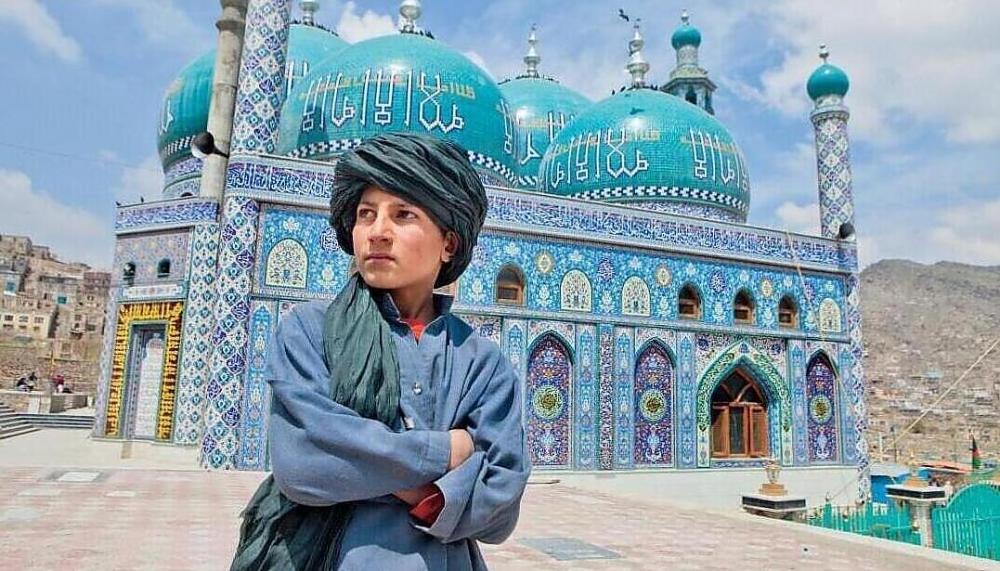
There are different religions in the world. The strength of each is usually determined by the number of its believers, the area they occupy, its commercial activities, and laws among other factors. Muslims have expanded and occupied different parts of the world, mostly in middle income and developing economies. Compared to Western societies, Islam tends to show a great disparity, especially through its Sharia law (Owen, 2011). Muslims have attempted to introduce their law in developed economies, but this has still remained a big challenge. This paper will look at Islam, the Sharia law, the Sufis, and the general picture of Islamic culture compared to Western societies.
Islam is one of the religions that have spread widely in the world. The religion has been successful in expanding because it has engaged in conquest just like its opponents. This was done through political and religious battles. In the battle, some strong empires like Byzantine and Persian ones were weakened. The two empires also underestimated the Arab threat. Many of the conquered territories were forced to convert to Islam, while others did it on good will after they had been defeated.
There were rich merchants in the new Islamic community who facilitated trade. Trade is another factor that has helped Islam to stand strong. They engaged in fair trade which was highly acknowledged by people from different parts of the world. Muslims were also advanced in technology and very innovative (Johnson & Vriens, 2013). Through trade, they were in a position to expand and conquer many empires. Unlike other religions, Islam offered simple and good leadership, while many political ideologies were very corrupt. Muslims also offered faith through their religion which took root and flourished. Because of the good faith, they allowed and acknowledged converts. Merchants from other political ideologies found Islam a very friendly and strategic player in commerce. They, therefore, developed interest and facilitated trade.
The rule of law is very important in the Islamic civilization. This is because it has strong links with their religion with many of the laws being adopted from the Quran. Therefore, it is more of a religious law rather than a state law. Also, the rule of law in the Islamic civilization is evident in many spheres that concern human beings at large. These include both their private and public life to ensure that they are well-behaved. It is aimed at bringing all people together and trimming their behavior in public and private areas (Owen, 2011).
The rule of law in the Islamic civilization has also incorporated activities such as trade that have been beneficial to people. This is unlike Western society where the rule of law is only made to ensure good leadership and equality to all. In western society, the law is not largely concerned with the private life of people, while the Islamic law is concerned with both private and public lives of the followers. The law of Western society is not largely concerned with the moral and social life of people, which is the case with the Islamic law. In Islam, moral and social norms are highly upheld, which results in peaceful coexistence, whereas in Western society groups are always against each other (Johnson & Vriens, 2013). This is especially reflected in Western countries where citizens are divided by political affairs. In Islamic nations, this is not the case as all Muslims are under the same rule of law.
The term ‘Sufi’ has been understood and defined in many ways. Some say that it means enlightenment, while others define it as purity. Sufis were said to be the selected few in Islam and they wore woolen clothes. Sufism is a movement outside the mainstream of Islam. Sufis are complex, unlike their Muslim brethrens. They also showed much dedication to the religion through the time they spent in prayers and other religious activities. There are some elements of Islam that Sufis do not uphold (Owen, 2011). For instance, Sufis differ from their legalistic Muslim brethrens in how they perceive life of other human beings. They are actually people like the Al Qaeda and the Wahhabiyyah. Sufis usually have a spiritual leader that they term as Sheik. They also have other leaders, as they are usually divided into subgroups.
There are some people who hold that the Sharia law can work in Western society, but the fact is that it is very difficult for it to be implemented. One of the things that would not let the law work in Western society is because of its tough social and moral stands. The law is concerned with both private and public aspects of people’s lives. For instance, it is expected that under the law, some behaviors such as gambling, smoking, homosexuality, and women and men mixing in public should be banned (Johnson & Vriens, 2013). These behaviors are common in Western society; thus, the implementation of the law will mean wholly changing the lifestyle of people, which is very difficult. In Britain, the law has slowly started being implemented as there are many Muslims in the country (Owen, 2011). It is expected that the law will only work for the Islam population, but it will not have a public impact since Christians are the majority in the UK.
In conclusion, Islam is a broad religion that operates under strict law. For a person to stand strong in the religion, they must show great devotion to it.
References
Johnson, T. & Vriens, L. (2013). Islam: Governing under Sharia. Retrieved 10 Mar., 2013 from http://www.cfr.org/religion/islam-governing-under-sharia/p8034
Owen, J. (2011). The clash of ideas in world politics: Transnational networks, states, and regime change, 1510-2010. New Jersey: Princeton University Press.